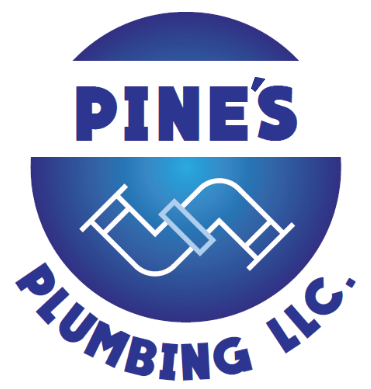Polybutylene Plumbing
Polybutylene Plumbing
By Pine's Plumbing, LLC
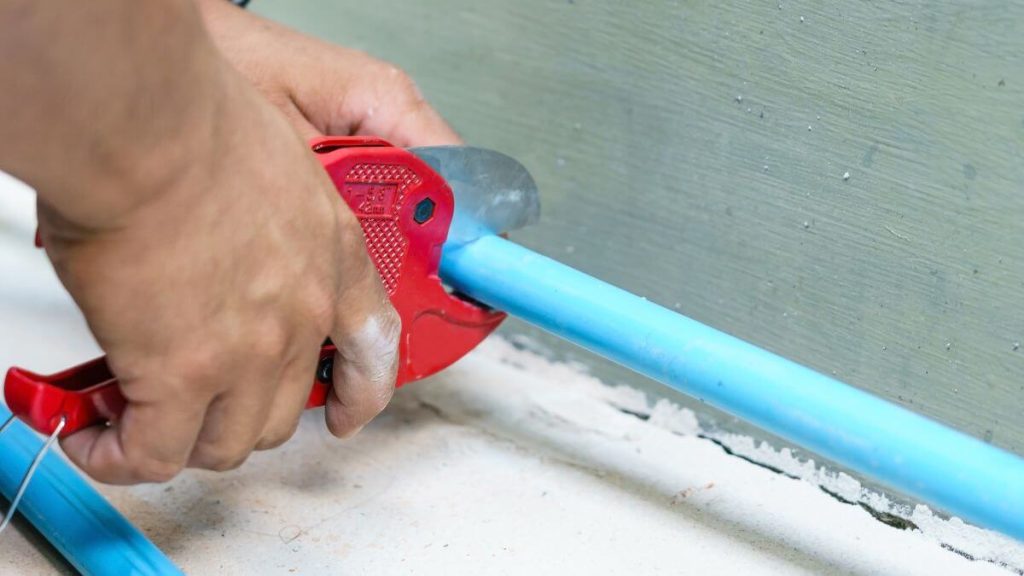
Polybutylene (PB) pipes are made from a plastic resin and provided a quick and affordable fix for the Sunbelt construction boom from 1975 to 1995. Expecting to outlast most other pipe materials, they supplied millions of households with simple-to-install home plumbing systems. Sadly, polybutylene turned out to be quite harmful. As it turns out, the plastic interacts with disinfectants and oxidants, such as chlorine, in public water systems. As a result, the pipes develop internal scaling and flaking, which leads to microfractures that finally explode.
At Pine’s Plumbing, LLC, we offer affordable polybutylene replacement services to both residential and commercial sites, so no matter the size of your job, we can handle it. Contact us today for any of your plumbing problems.
Looking for a Polybutylene Plumbing Service?
Call Pine's Plumbing, LLC
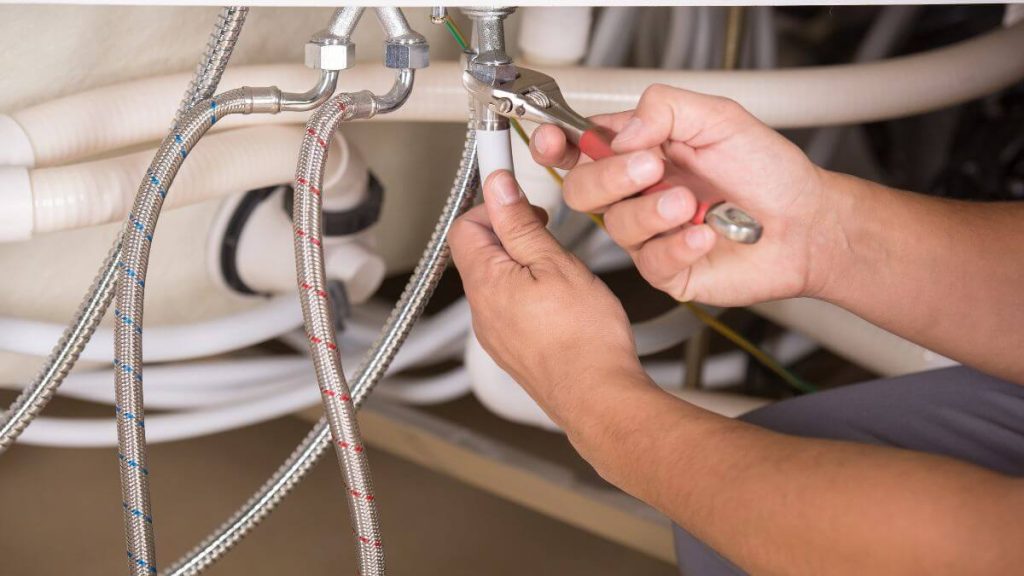
Everything You Need To Know About Polybutylene Plumbing
What is a Polybutylene Pipe?
From the late 1970s until the mid-1990s, residential dwellings extensively employed polybutylene pipes, a kind of plastic piping, for their potable water supply lines. The flexible plastic used to make the pipes might flake chemical residue into the water supply and decompose when water is chlorinated.
They were deemed a more affordable option than copper pipes since they were simple to install. However, durability and safety issues prompted a class-action lawsuit that awarded homeowners millions of dollars in compensation. After that, PB pipe manufacturing was stopped.
How Does One Identify Polybutylene Pipes?
Polybutylene pipes are ½” or 1″ in diameter. These flexible polybutylene pipes can be silver, cream, or black in addition to their typical colors of gray or blue. A “PB2110” mark on the pipe’s side is an unmistakable indicator that your house has PB plumbing. The sole use for polybutylene pipes was as water supply lines. They are not waste, vent, or drain pipes. Typical locations to find them are:
- Attached to your water heater
- At your primary shutoff valve
- Attached to sinks and toilets
- Along basement ceilings where pipes are exposed.
It’s important to remember that polybutylene was often used for main water pipes in residences. You cannot detect these or determine whether they are ruptured since they are underground. Your waterline is likely made of polybutylene if your house has any additional polybutylene pipes.
The fact that copper plumbing does not rule out the potential of PB pipes near sinks and faucets is another crucial factor to consider. Plumbers frequently installed “stub outs,” or more aesthetically pleasing copper connections, to the exposed plumbing sections of homes. It’s possible that your ceiling or walls still contain PB.
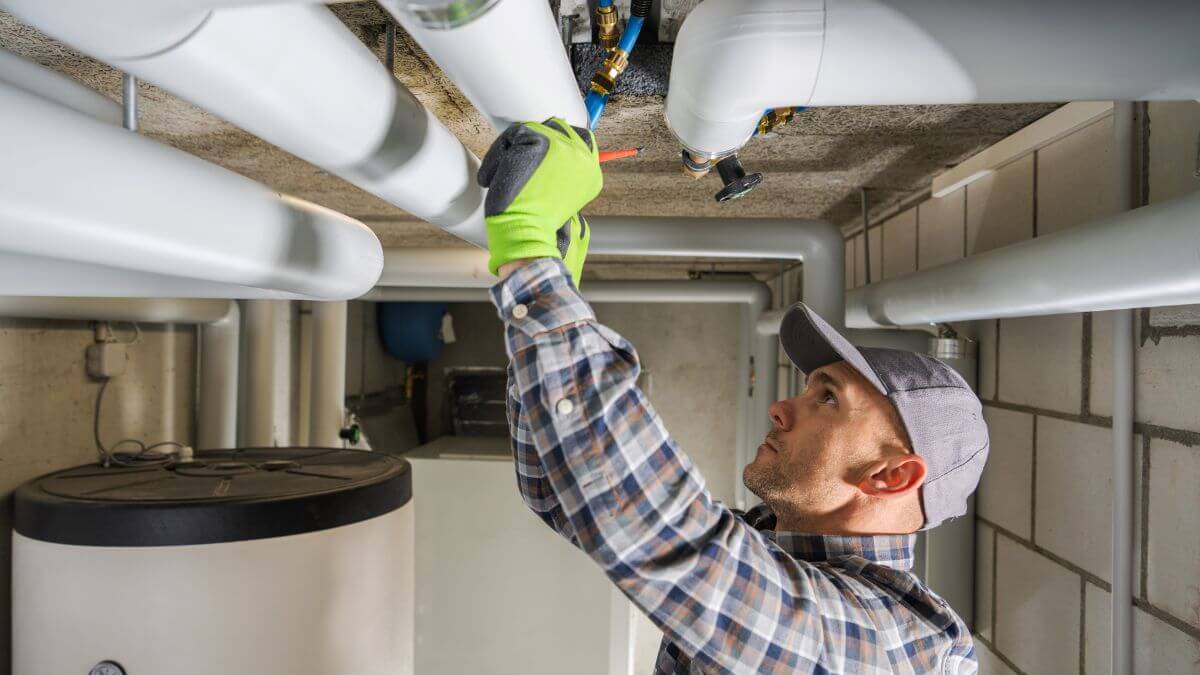
Should You Repair or Replace Polybutylene Pipes?
Since polybutylene pipes are irreparable, it is best to replace them. They last for ten to fifteen years on average. It is advisable to replace any polybutylene pipes in your home before they break. It is common for PB pipes and their fittings to burst, leak, and leave behind significant water damage. Hidden leaks might lead to mold and decay. Use PVC, PEX, or copper pipes in their place. These substitutes are dependable and typically provide lifetime warranties.
Polybutylene pipes were used in underground water mains and residential buildings in the late 1990s. They are typically discovered in crawl spaces, basements, or close to water heaters. Plumbing pipes had a diameter of half an inch to an inch and were equipped with valves, manifolds, and adapters to link them to larger appliances or more pipework. The system was checked for leaks once it was completely installed. However, polybutylene pipes have been shown to have several problems. Thus, they are no longer allowed for new plumbing installations.
When replacing polybutylene pipes, one option is to detach the existing plumbing system, install copper or PVC pipes, and then reconnect the old system. Plumbers may also cut out and remove the outdated system and then install the new one. It typically takes two to five days for a replacement.
Why Should You Consider Polybutylene Pipes Replacement?
If a homeowner has polybutylene pipes in their house, they should consider replacing them. Four indications that it might be time to replace them are as follows:
If the Home Is Between 1978 and 1995
Millions of newly built residences were fitted with polybutylene pipes at this time. It is likely time for you to replace your pipes as well since we believe that everyone else on the block is doing so.
Rising Water Bills
Undiscovered water leaks can occasionally occur in homes with defective polybutylene pipes, mainly if the lines are underground. It could be time to repair those pipes if you see an increase in your water cost compared to what was expected.
The House Is in the Process of Being Sold
The value of a residence has been reported to be significantly reduced by polybutylene pipes. Home inspections are necessary for homeowners to be aware that the pipes in their houses are composed of polybutylene. We can repair the pipes, which will raise the home’s worth and improve its likelihood of selling.
Pay Attention to the Yard and Basement Walls
It’s time to replace the polybutylene pipes if you find that everything is wetter or more moist than usual. It is advisable to replace polybutylene pipelines as soon as possible. By doing this, severe water damage, loss of personal goods, and an impending calamity can be avoided. Being proactive can help you safeguard your house, one of your most valuable investments.
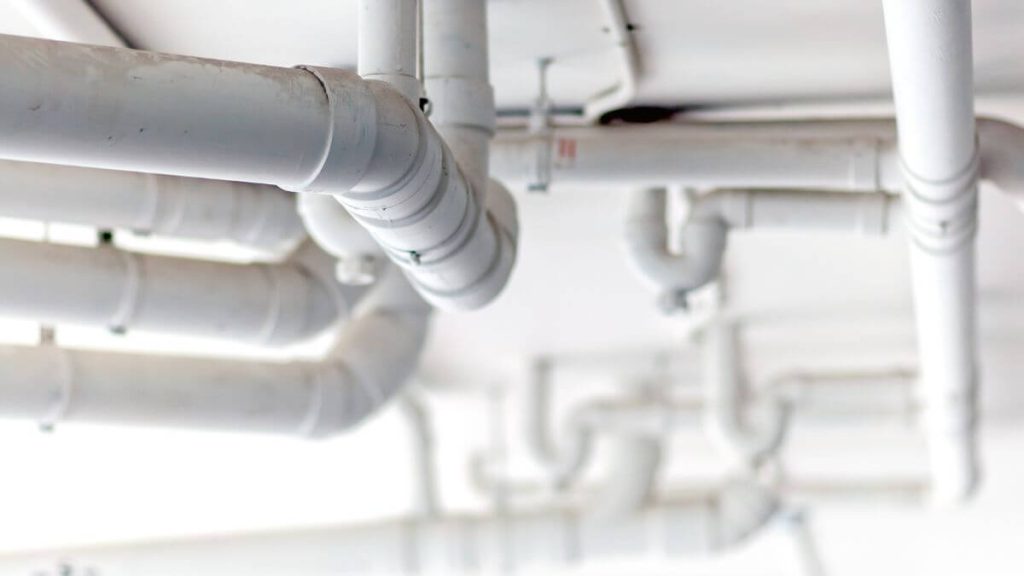
Frequently Asked Questions
How Do I Know if My House Has Polybutylene Pipes?
You will know that you have polubutylene pipes in your house during the home inspection stage. An inspector will check that all the critical systems in the house you are purchasing comply with building codes. Most folks find out because PB no longer fits those codes. If you have a long-term property ownership history or have acquired an older home, check your plumbing system for potable water from gray or blue plastic pipes. Examine crawl spaces, basements, attics, and beneath sinks. They resemble flexible plastic, often have a diameter of half to one full inch, and frequently have the word “PB” inscribed on them.
If you still need clarification, browse through the plumbing records in your house or have a licensed plumber inspect them. Plumbing supplies may be disclosed via previous construction permits or the owner’s documents. Finally, you will know about leaks or breaks in your clean water supply. A certified plumber like Pine’s Plumbing, LLC may locate the cause of the failure and verify that it is, in fact, PB.
Should Polybutylene Pipes Be Replaced?
Yes, polybutylene pipes should be replaced. If PB plumbing leaks or breaks, replacement rather than repair is advised. Before they break, these pipes only endure ten to fifteen years. While repairing a single segment of polybutylene pipe could provide a temporary solution, more is needed to address the fundamental requirement of replacing the complete plumbing system.
What Are the Issues With Polybutylene Piping?
Among the problems with polybutylene pipe are:
- The pipes are prone to malfunctioning, bursting, and leaking, which might result in the house being damaged by water. Fittings might also break down.
- The chemical makeup of the water can react with fluoride and chlorine in the water supply, allowing compounds that might be harmful to users’ health to leak into the water.
- It might be challenging to obtain house insurance. Homes with polybutylene pipes might not be eligible for insurance coverage because of the risk of water damage. The existence of polybutylene pipes may result in higher insurance premiums or the exclusion of coverage from your policy for leaks brought on by the pipes. If not, a leak from PB might not be included in the list of legitimate claims that can be covered or reimbursed.
- Potential purchasers may be reluctant to purchase a home with polybutylene pipes, which negatively impacts the resale value of your property. If you agree to pay for the pipes to be replaced before they move in, potential purchasers could withhold their offer to buy your house.
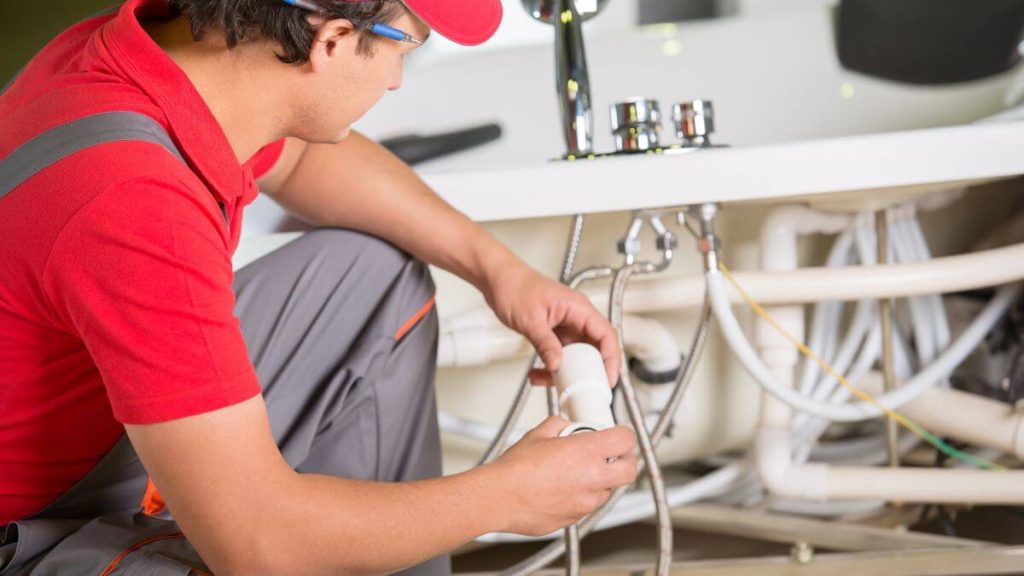
Polybutylene Pipe Replacement Experts in Beaufort, SC
Looking for a Polybutylene Plumbing Service?
Call Pine's Plumbing, LLC
Pine’s Plumbing, LLC
843-812-9150
Looking for a Plumbing Service in Bluffton, SC?
Contact Pine’s Plumbing Today!
